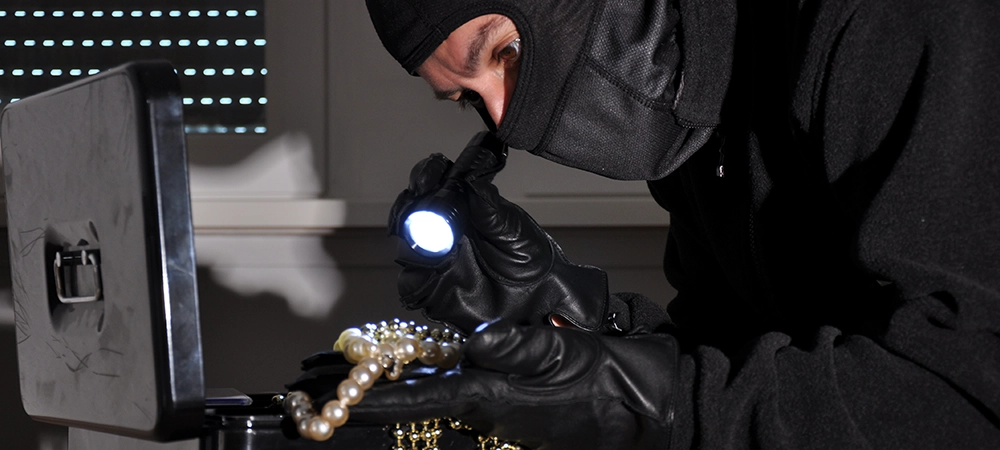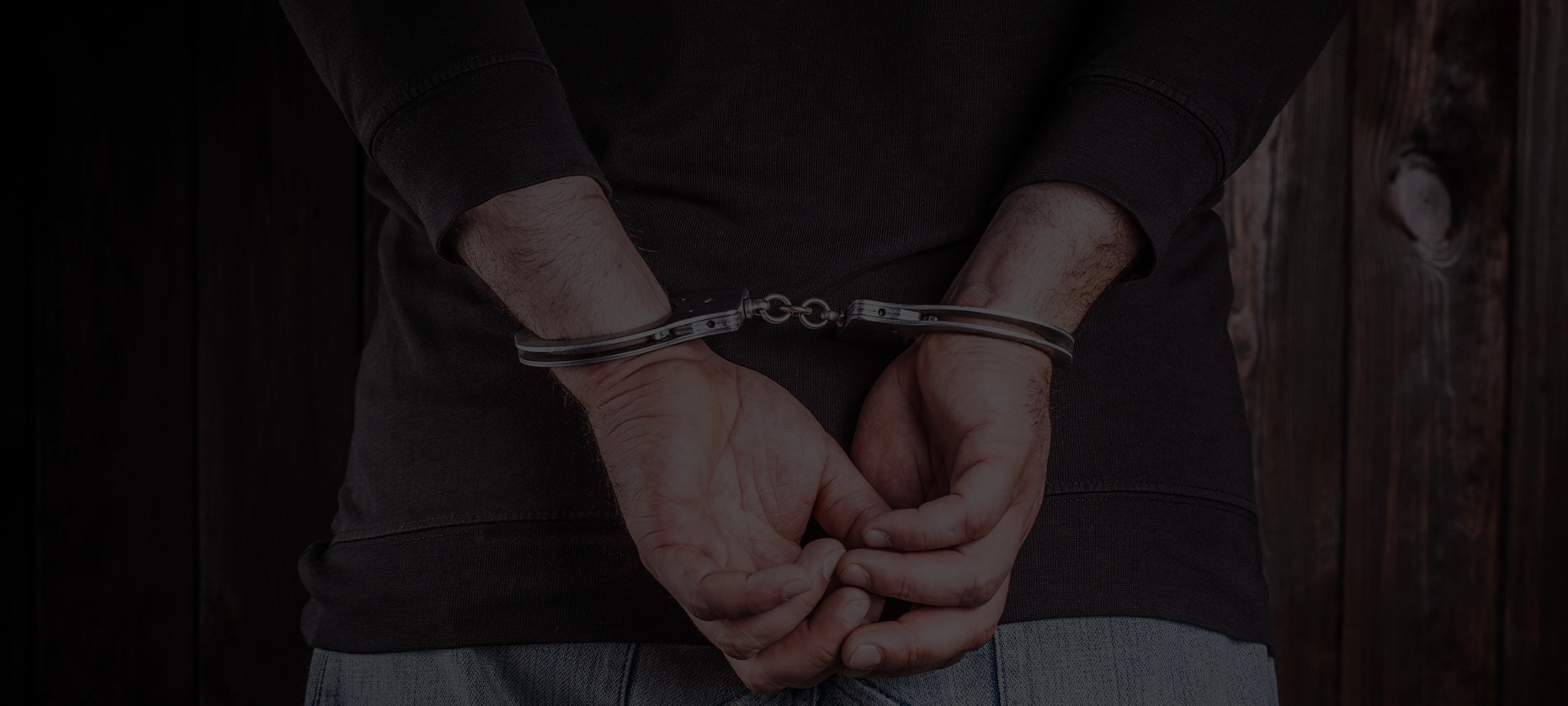Types of Criminal Charges in Ottawa
There are three types of criminal charges in Ottawa which are summary conviction offences, indictable offences, and hybrid offences. Let’s take a closer look at them in a little more detail.
Summary Conviction Offences
Summary conviction offences are lesser criminal charges tried by a judge only (and without a preliminary hearing) in the Ontario Court of Justice. Examples of these offences are:
- An indecent act
- Trespassing
- Breach of probation order
- Unlawful assembly
- Disturbing the peace
You can be convicted of these crimes only if they happened in the past 12 months. Unless otherwise determined by the Canadian Criminal Code, the penalty for summary conviction offences is a fine of up to $5,000 for individuals and up to $100,00 for organizations and/or two years of imprisonment.
Under certain conditions, a judge might decide on an alternate punishment, such as probation, restitution, conditional discharge or suspended sentence.
Alternatively, the accused might be eligible for diversion, meaning the Crown prosecution will withdraw the charges in exchange for community service, counselling or a charitable donation.
Examples where the Crown might accept a diversion include minor assault, theft or mischief resulting in damages under $5,000 and possession of small amounts of illegal substances.
Indictable Offences
Indictable offences are the most serious criminal charges in Ottawa. When charged with an indictable offence in Ottawa, the accused can choose to have their trial in front of the Ontario Court of Justice before a judge, the Superior Court of Justice before a judge, or the Superior Court of Justice before a judge and jury.
The best option depends on the specific charges and the evidence the defence and the Crown can present in the case. For example, if the defence has compelling evidence on their side, having the case tried in front of a jury (who can possibly sympathize with the accused) might be a suitable option. By contrast, if the prosecutor’s evidence is more compelling and the defence relies on technical arguments, it’s better to opt for a trial by judge only.
There are no statutes of limitation on indictable offences in Ottawa. A person can be charged, tried and convicted many years after committing the crime. They have, however, once accused, the right (granted by the Canadian Charter of Rights and Freedoms) to be tried within a reasonable amount of time. This is 18 months for provincial court trials and 30 months for provincial court trials after a preliminary hearing or superior court trials.
A preliminary hearing is held only in cases where it is necessary to determine whether there is enough evidence against the accused to convict them and whether evidence hasn’t been disclosed or was gathered during the procedure that violated the Canadian Charter of Rights and Freedoms. If there isn’t enough evidence against the accused, there is evidence proving their innocence, or if their rights have been violated, they’ll be discharged.
Examples of the non-violent and violent criminal charges in Ottawa include:
- Murder or manslaughter
- Aggravated assault
- Theft over $5,000
- Break and enter
- Human trafficking
- Robbery
The specific charge determines whether the accused will have the choice of having a preliminary hearing. The penalties for these offences vary in severity, but they usually involve massive fines and several years to life imprisonment.
In some cases, the same alternative sentences can be edited as is also the case for the summary offence charges. However, with indictable offences, this will happen more rarely due to the severity of the crimes.
Because of all these reasons, it’s a good idea to find a defence attorney as soon as you are charged with an indictable offence in Ottawa. Besides representing the accused, the legal aid can also ensure their client’s rights are being upheld and respected, prepare the defence, and negotiate the charges being dismissed, stayed, withdrawn or reduced.

Hybrid Offences
These are the most common criminal charges in Ottawa, as most crimes are hybrid offences. In these cases, the Crown prosecutor determines whether the offence will be treated as an indictable or summary conviction crime, ultimately deciding where the trial happens and which penalties might apply. Therefore, consulting a defence lawyer when charged with a hybrid offence is also a good idea.
The prosecution makes the decision based on the seriousness of the crime, the accused’s criminal history, society’s interest, and other factors. Once their decision is made, it can’t be changed except on rare occasions where truly compelling evidence on either side warrants it.
Some examples of hybrid offences in Ottawa are:
- Breach of probation (usually more than once)
- Possession of a controlled substance (in larger quantities)
- Impaired driving and endangerment of others
Final Thoughts
Regardless of which charge type has been brought against you, don’t take it lightly. A summary conviction offence might have lesser penalties, but if you’re convicted, the punishments can still have a significant impact on your life.
When charged with an indictable or hybrid offence, it’s critical to consult an attorney to make a sound decision on how to move forward with your defence. If you’re in need of legal advice, then contact AGP LLP today and we’ll be more than happy to look at your case.





